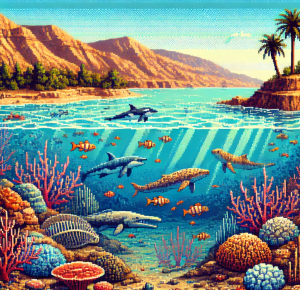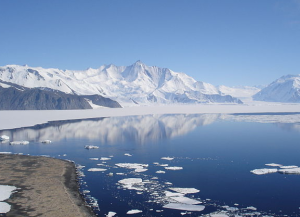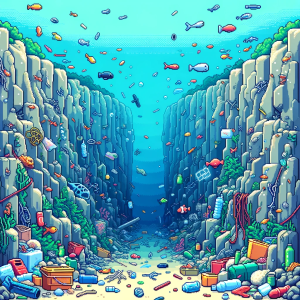
How Climate Change is Reshaping Marine Life: A New Era of Survival
The impact of climate change on marine life is becoming increasingly apparent, with rising sea temperatures, ocean acidification, and habitat destruction altering ecosystems worldwide. Understanding these effects is essential for developing strategies to protect marine biodiversity and sustain human livelihoods.
The Direct Impact of Climate Change on Marine Ecosystems
According to a report by the US Environmental Protection Agency (which you can still find!), climate change contributes to sea-level rise, increased sea temperatures, and altered weather patterns. These changes lead to habitat loss and increased vulnerability of marine species to various stressors, including diseases and predators.
Case Studies
Coral Reefs: The Underwater Cities at Risk
Coral reefs are among the most diverse ecosystems on Earth, often referred to as the “rainforests of the sea.” They are highly sensitive to temperature changes. Bleaching events, in which corals expel the algae that provide them with color and nutrients, have become more frequent due to temperature spikes.
Marine Species Migration
The International Fund for Animal Welfare highlights the mass migration of marine species as they seek optimal living conditions. This shift affects food webs and can lead to the decline of local fisheries, which in turn impacts economies heavily reliant on fishing. Our buddies over at World Animal Protection can tell you all about this.
Secondary Effects on Human Societies
The changes in marine life are not only ecological but also have significant economic implications. Communities depending on fishing and tourism are directly affected. Rising temperatures and ocean acidification are reducing fish stocks, threatening food security and livelihoods, particularly in communities heavily reliant on fishing.
Mitigation and Adaptation Strategies
- Marine Protected Areas: Designating certain areas as protected zones can help conserve biodiversity and maintain ecological balance.
- Sustainable Fishing Practices: Implementing policies that promote sustainable fishing can help reduce pressure on overexploited fish stocks.
- Carbon Reduction Efforts: Addressing the root causes of climate change through reduction in greenhouse gas emissions can mitigate the overall impact on marine ecosystems.
Future Prospects
Despite the challenges, there are signs of hope. Innovative solutions, such as the development of artificial coral reefs and the use of technology to monitor changes in ocean health, are emerging. Projects such as NOAA’s climate research efforts sought to gather more data to inform policy and conservation strategies, but have been dramatically curtained by the Trump Administration..
Conclusion
As climate change continues to impact the planet, global societies must acknowledge the vital role marine ecosystems play in maintaining the planet’s health. Proactive measures and sustainable practices must be implemented to preserve these critical environments and the lives they support.



